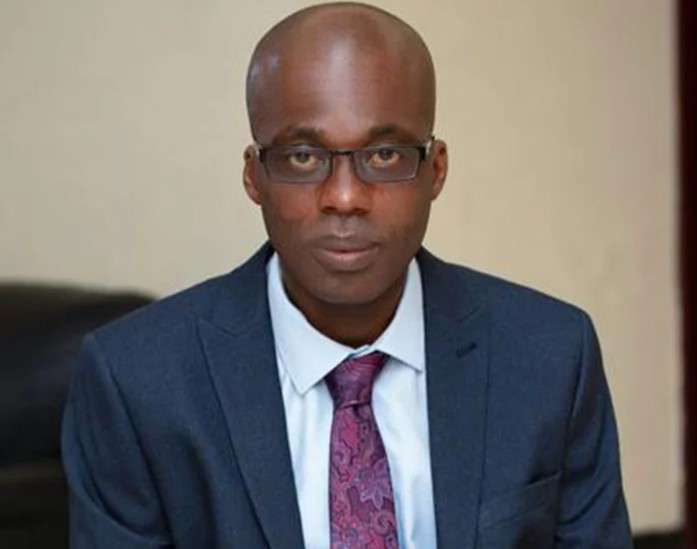The flagbearer of the New Patriotic Party, Dr. Mahamudu Bawumia’s latest policy proposal to liaise with telecom companies to provide mobile phones to the youth on credit has stirred a significant debate across Ghana.
In a recent announcement, Dr. Mahamudu Bawumia, the Vice President of Ghana, indicated that the policy initiative is aimed at providing mobile phones to the youth on credit by partnering with telecom companies. The announcement has since sparked mixed reactions across the political divide.
Members and supporters of the ruling New Patriotic Party (NPP) have praised the initiative, viewing it as a forward-thinking move to enhance digital connectivity and economic empowerment among the youth.
They argue that in an increasingly digital world, access to mobile phones can open up opportunities for education, employment, and entrepreneurship.
On the other hand, members and supporters of the opposition National Democratic Congress (NDC) have criticized the proposal, labeling it as a populist measure that fails to address the real challenges facing Ghana’s youth.
They contend that while mobile phones are important, the pressing issues of alarming unemployment rates and lack of access to education should take precedence.
Other critics also argue that the policy is a superficial solution that overlooks the deeper socio-economic problems that need urgent attention by the ruling party.
Dr. Kwame Asiedu Sarpong’s Critique of the Policy
Dr. Kwame Asiedu Sarpong, the Democracy and Development Fellow at the Ghana Centre for Democratic Development (CDD-Ghana), reacting to the controversial news, expressed strong concerns over it.
He questioned the priority given to mobile phones in a country where the Ghana Statistical Service reports that millions of people are facing abject poverty in multiple folds, including lacking access to education, employment, and quality healthcare.
“In a broke-arse country where the Statistical Service says 7.3 million people are multidimensionally poor (with no access to education, employment or health), should the discussion be about mobile phones and credit rating? Do you understand what it means to have 24% of our population in abject poverty? Can we discuss how food security, health, and shelter can be provided for society?”.
Dr Kwame Asiedu Sarpong, D&D Fellow at the Ghana Centre for Democratic Development (CDD-Ghana)
Dr. Asiedu Sarpong passionately emphasized that addressing basic needs such as food security, healthcare, and shelter should be the priority for any policy aimed at improving the lives of Ghanaians.

He highlighted the disconnect between the proposed policy and the actual needs of the populace, asserting that focusing on mobile phones while a significant portion of the population struggles with basic necessities demonstrates a lack of understanding of the core issues facing the country.
“Wow! When people seeking to lead us, demonstrate total obliviousness about what matters to us, should the citizens also take the bait and debate this on their hungry stomachs?”, Dr. Asiedu Sarpong stated, decrying the large public commentary on the controversial policy.
Dr. Asiedu Sarpong’s critique underscores a broader concern about the relevance and impact of policies proposed by political leaders.
As Ghana approaches the December polls, it is crucial for political leaders to not only assess the viability and feasibility of their policies but also to consider their relevance and impact on the Ghanaian people.
Policies should be crafted with a clear understanding of the priorities and needs of the citizens. In a country grappling with high unemployment rates, inadequate educational opportunities, declining public healthcare, and widespread poverty, initiatives that address these core issues should take precedence.
Political leaders must therefore demonstrate a commitment to improving the living conditions of Ghanaians by proposing solutions that tackle the root causes of socio-economic challenges.
While digital connectivity is important, the pressing issues of unemployment, education, and poverty cannot be overlooked.
Dr. Kwame Asiedu Sarpong’s remarks serve as a reminder that policies must be grounded in the realities of the citizens’ lives.
READ ALSO: Sustainable Debt Management Crucial for Ghana’s Economic Recovery- EGP




















